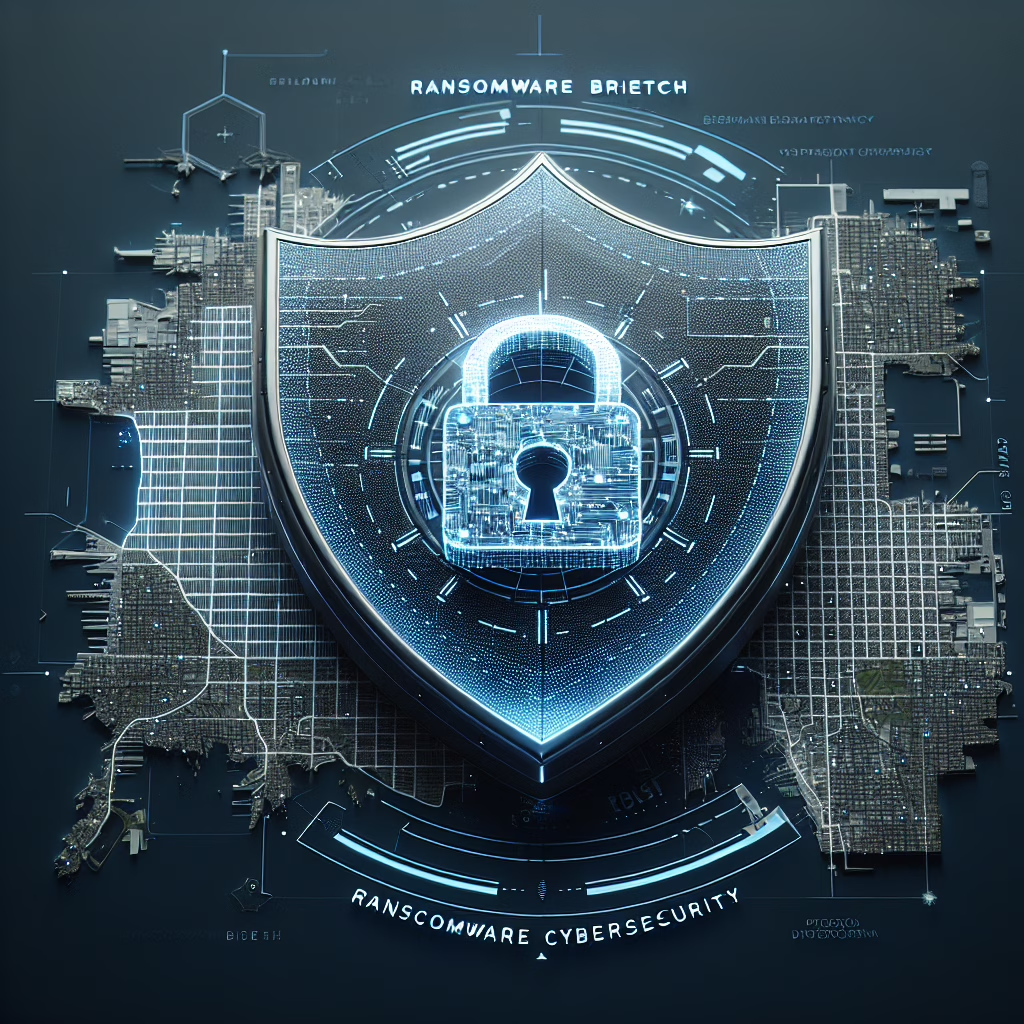Ahoy there! The Port of Seattle recently found itself in a bit of a pickle thanks to a ransomware breach that exposed sensitive data on around 90,000 individuals. Yes, you heard that right—90,000! That’s more than the number of times I’ve had to untangle my headphones this week. But fear not, dear readers! We’re here to navigate these murky waters and shed some light on how this happened and what it means for you.
What Happened at the Port of Seattle?
On a seemingly ordinary day, hackers decided to set sail into the digital seas of the Port of Seattle’s systems. They launched a ransomware attack, a method that’s become as trendy as avocado toast. This attack compromised personal information like names, addresses, and even Social Security numbers. Talk about unwanted guests crashing your party!
The breach was discovered in early October 2023, and while the exact mechanics of the attack remain under wraps (perhaps locked away in a treasure chest), it’s clear that cybersecurity measures were not quite up to par. One can only wonder if someone left the back door open while they went to grab a coffee.
Why Should You Care About This Ransomware Breach?
You might be thinking, “I don’t live in Seattle; why should I care?” Well, my skeptical friend, this incident serves as a cautionary tale for all of us. The cybersecurity landscape is akin to navigating through an iceberg-laden sea; one moment you’re smooth sailing, and the next, you’re caught in a storm. Data breaches can happen anywhere, affecting anyone—from the bustling urbanite in New York City to that quiet librarian in Idaho.
Moreover, if you’ve ever used any services linked with the Port of Seattle or even just enjoyed a casual stroll along its waterfront, your data might be at risk. Let’s face it: nobody wants their information floating around like unwanted seaweed!
What Can We Learn From This Ransomware Attack?
This incident highlights several essential lessons about cybersecurity:
- Be Proactive: Don’t wait until you’re knee-deep in trouble. Implement security measures before hackers come knocking at your digital door.
- Educate Yourself: Familiarize yourself with phishing scams and other common attack vectors. Remember: if it looks fishy, it probably is!
- Regular Updates: Keep your software and systems updated. Outdated systems are like inviting pirates to plunder your treasure.
- Password Management: Use strong, unique passwords for each account. Yes, it’s a hassle to remember them all, but think of it as your own personal treasure map—keep it safe!
The Aftermath: What Happens Next?
The Port of Seattle has taken steps to inform affected individuals about the breach. They are offering credit monitoring services because nothing says “sorry” quite like helping someone keep an eye on their identity! They also assured everyone that they are beefing up their cybersecurity protocols faster than you can say “data breach.”
This situation serves as an important reminder that we’re all interconnected in this digital world. A breach here could lead to problems there—like a game of digital dominoes where one fall can bring down a whole row.
Staying Ahead of Cyber Threats
As we navigate these turbulent digital waters, it is crucial to remain vigilant. Cyber threats can arise suddenly, and staying informed is vital. Following cybersecurity news, implementing best practices, and participating in community discussions can enhance your personal security and that of your loved ones.
Stay Safe Out There!
As we sail through these turbulent digital waters, remember: while technology offers incredible convenience, it also comes with its fair share of risks. Keep your eyes peeled and your defenses high! In 2025 and beyond, staying informed is our best weapon against cyber threats.
If you have thoughts or personal experiences regarding this breach or cybersecurity in general, feel free to drop your insights below! After all, sharing is caring—and who knows? Your wisdom might just save someone from becoming the next target!
A big thank you to TechRadar for shedding light on this important issue. Your detailed coverage helps us all stay informed!

